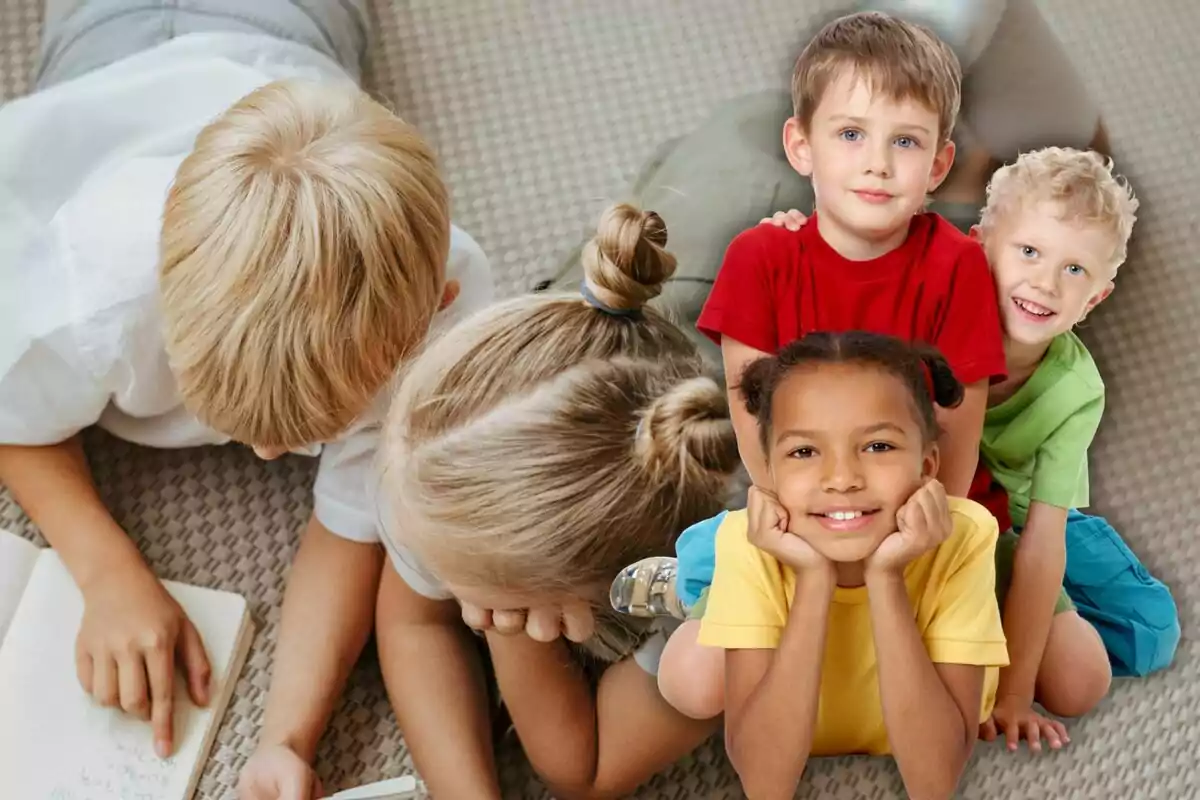Lara Ferreiro, a psychologist specialized in couples and family therapy, offers a clear perspective on how to approach children's education during vacations. The expert explained in El País that this period shouldn't be seen as a complete break, but rather as an opportunity to strengthen creativity. With a recognized career and thousands of followers on social media, she has delved into the essential aspects to keep balance and family well-being during these months.
Regarding the challenges that come with this stage, she has emphasized that it's not advisable to completely exempt minors from making an effort and taking responsibility. For this reason, she stated that "they must face these situations," whether they're changes in routine, new rules, or activities different from those during the school year. According to Ferreiro, it's precisely in these contexts where children develop tools for autonomy, reasoning, and emotional management.

Why keeping some structure during vacations boosts children's well-being
One of the points she has highlighted most emphatically is the value of creativity in childhood. She recalled that the first six years of life are crucial for their development, and that the most creative children show higher academic performance and well-being. She also warned that many parents, by constantly saying "no," end up limiting this natural ability in their children.
In this regard, she recommended keeping more flexible routines during vacations, but not eliminating them completely. She pointed out that children without structure tend to be more irritable, disorganized, or even have trouble falling asleep. That's why she advised keeping basic schedules, including academic review, and proposing activities that combine play, learning, and socialization.
Tips for an educational summer
Ferreiro explained that agreeing on rules at the beginning of summer is a very useful strategy, including both young children and teenagers. For younger ages, she suggested using reward systems, while for older children she recommended negotiating mobile phone usage time. She also insisted on the importance of talking openly with teenagers about sensitive topics such as alcohol consumption or going out at night.

Among the recommended activities, she mentioned outdoor sports, board games that require reasoning, and crafts that stimulate creativity. She pointed out that enrolling them in art workshops also contributes to minors' emotional and social development. According to her, all of this strengthens self-esteem and fosters social skills, critical thinking, and creativity.
The importance of family time and responsible screen use for children's development
Regarding screen use, she warned that it shouldn't automatically be part of daily life. She expressed that, ideally, they shouldn't be used before ages 16 or 18, except for basic functions such as calls. She supported her position with data from Common Sense Media, which warn about excessive use among minors and its negative impact on cognitive development.
She also insisted on the value of sharing quality family time, especially in activities that encourage conversation and affection. She explained that moments such as walks together or shared games stimulate oxytocin production and strengthen bonds. She said these spaces are essential for building trust and emotional security in minors.
Finally, she reminded that it's not necessary to constantly buy new things to keep them entertained. She defended the importance of recycling, creating with what they already have, and teaching them to value effort and achievement. In her view, rewards should always be linked to specific behaviors, never be an unmotivated whim.

